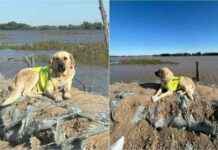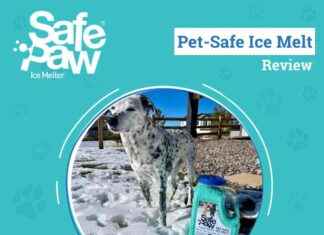Benadryl Overdose in Dogs: Symptoms and Treatment Guide
A pet owner’s worst nightmare is realizing their furry friend has ingested something they shouldn’t have. One such common scenario involves Benadryl, a medication often used to alleviate allergies and motion sickness in dogs. While Benadryl can be a helpful tool in managing your dog’s health, an accidental overdose can lead to serious consequences. So, what should you do if you suspect your canine companion has taken too much Benadryl? Let’s delve into the symptoms and treatment guide to provide you with essential information to protect your beloved pet.
Understanding Benadryl
Benadryl, also known as Diphenhydramine hydrochloride, is an H1 antagonist that blocks histamine action, reducing allergic reactions in dogs. It comes in various forms such as tablets, gel capsules, chewable tablets, and oral liquids. While Benadryl is generally safe for dogs, individual factors like age, breed, and health status can influence its effectiveness and safety. Therefore, always consult your veterinarian before administering any medication to your pet.
Signs of Benadryl Overdose
An overdose of Benadryl can lead to various symptoms indicating potential toxicity in dogs. These signs include agitation, dry mucous membranes, mydriasis (dilated pupils), disorientation, and fever. If you notice any of these symptoms in your dog, it’s crucial to seek veterinary assistance promptly to prevent further complications.
Treating Benadryl Overdose
In cases of Benadryl overdose, treatment may involve inducing vomiting, administering activated charcoal, and intravenous fluid therapy depending on the severity of the situation. Dogs typically respond well to treatment and can make a full recovery with timely intervention. Remember, the safety and well-being of your furry companion should always be a top priority, so don’t hesitate to seek professional help if needed.
As a pet owner myself, I understand the deep bond we share with our four-legged friends. Our pets rely on us to keep them safe and healthy, making it essential to be vigilant and informed when it comes to their well-being. Remember, a little precaution can go a long way in ensuring your dog’s safety and happiness. So, stay informed, stay prepared, and most importantly, cherish every moment with your loyal canine companion.






















